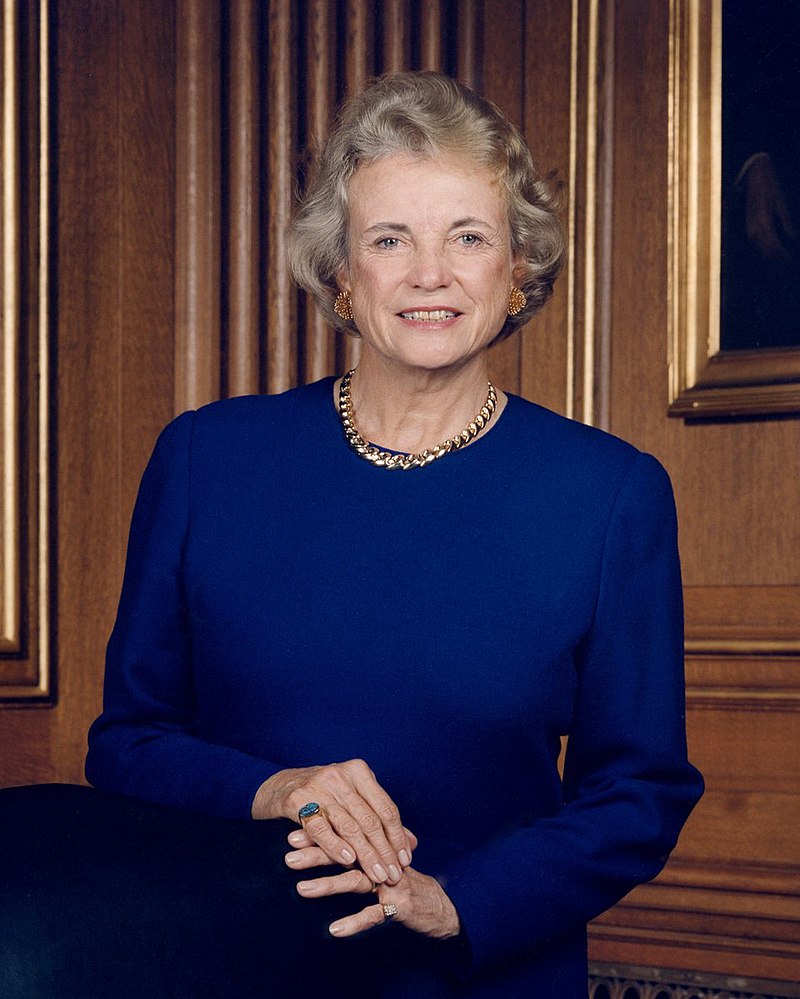Before World War II, 33% of women participated in the labor force. Today, that number has increased to 57.4% of women who now also make up 47% of the entire American workforce. Labor participation percentages among men are at an all-time low, and women are steadily out-educating men across most statistics out there. As women near equal labor force participation, how can American policymakers best support mothers and families as a whole?
Fifteen members of the NeW Professional Network joined Rachel Greszler from The Heritage Foundation on June 10 via Zoom to dive deeper into the issues affecting women in the workforce today. Greszler is a Research Fellow on Economics, Budget, and Entitlements in the Grover M. Hermann Center for the Federal Budget, as well as a mother of six children under the age of 12.
Grezler began by explaining that in general, women’s experiences in the workforce and what they want out of labor policies don’t quite match up to the current federal proposals on the table. For example, the Paycheck Fairness Act has provisions that take choices like flexible work hours as a factor in compensation packages and could lead to the elimination of bonus structures based on merit. Greszler also referenced Sweden’s “Daddy Program,” a policy that mandated 12 out of the 52 weeks of paid family leave provided jointly to families in the country were used by fathers. While well-intentioned, the provision actually increased the probability of divorces, decreased income levels, and decreased happiness among mothers.
Greszler made one thing very clear: When governmental labor policies take away choices from the family unit, negative outcomes increase. Government measures and left-leaning research fail to take into account long-term familial outcomes, robust benefits package breakdowns, and what mothers actually want out of their labor force participation.
Rather than one-size-fits-all policymaking, Greszler emphasized the importance of flexibility when it comes to crafting family-friendly policies. Reforming our licensing laws for trade and freelance work, fighting for robust school choice policies, increasing part-time childcare options, and allowing Americans to spend their money how they see fit (and not on efforts like the Child Tax Credit) all play into the bigger picture of ensuring positive workforce outcomes for mothers.
While this discussion might not seem as applicable to recent college graduates, how motherhood fits into one’s career path is something many young women think about as soon as they enter the workforce. Alexis Bailey, a NeW member from New Jersey, asked Greszler for her opinion on women feeling the need to wait until they’ve established their careers to start having children. The appearance of a “motherhood penalty” and “fatherhood premium” is a very real concern for young professionals who want to advance in their career paths but not at the expense of their home lives. Greszler sympathized with this fear, relaying her struggles as a young mother negotiating to secure flexible work options and affordable childcare options. She said she’s fortunate to work for a company that trusts her to work on her own schedule and encourages women to seek out flexible employers. But she also reminded Bailey that this notion of “women having it all” can be a toxic mindset.
“Women can have it all, but they don’t have to have it all at the same time,” she said.
As for the future of mothers in the workforce, recent accommodations and additional flexibility due to COVID-19 have Greszler feeling optimistic.
“Through this Zoom screen that we’re on right now, you have a window into people’s personal lives, and we’ve seen kids and dogs going around in the background. There’s just more understanding and awareness of the needs of employees with families, and I think going forward, this is going to be a great thing. We’re going to see more flexible opportunities for women across an array of fields,” she said.
Are you a young professional who is looking for a community of conservative women? We’d love to have you join our Professional Network and attend our next virtual event! Learn more about how to get priority access to events and join our Professional Network book club here.
This blog was written by Marisa Brand, NeW Professional Network Coordinator.



